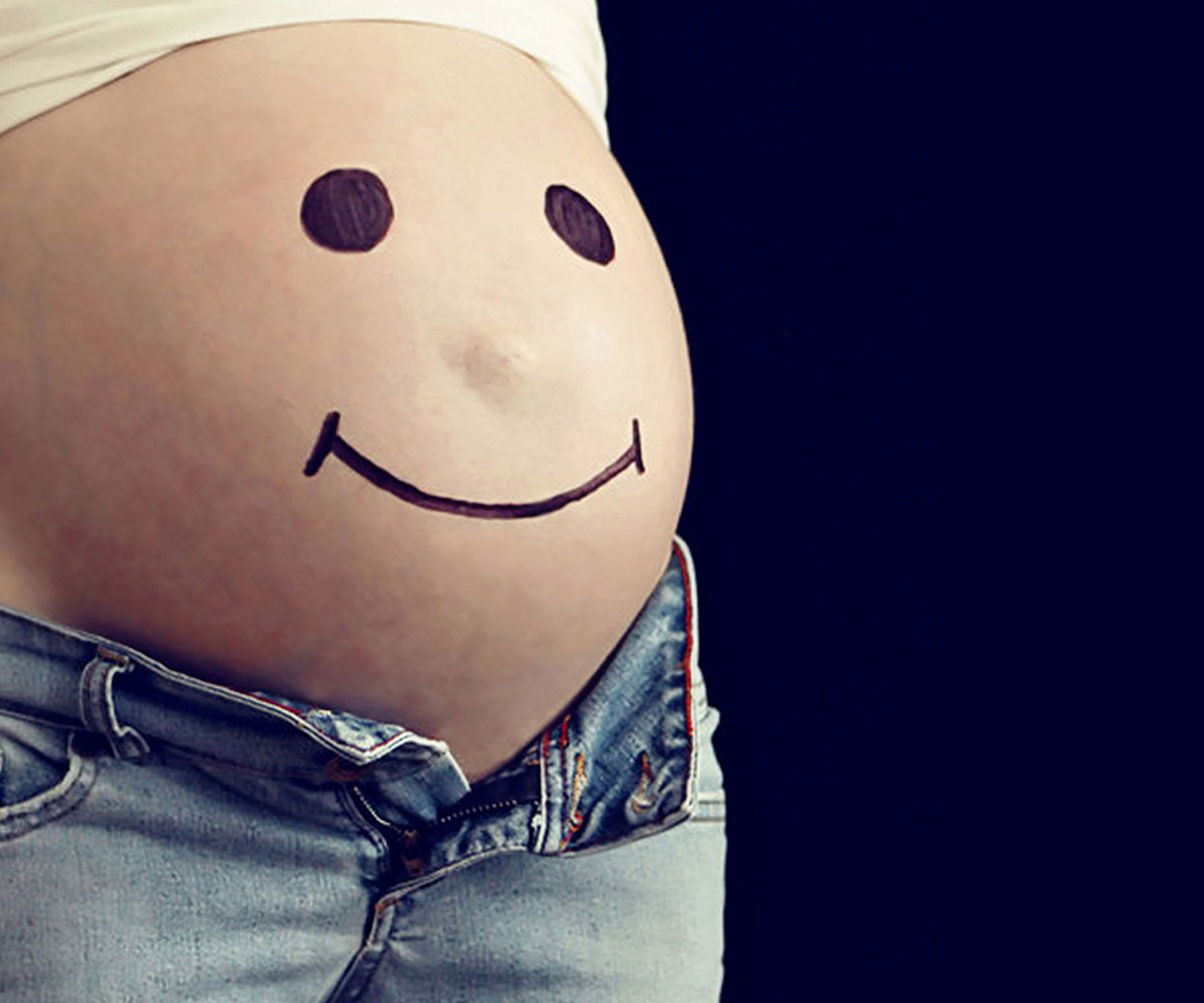True: Your family history plays a role in your own fertility.
“For instance, if you have a first-degree relative with endometriosis, you are nine times more likely to also have endometriosis, and this may affect your chances of conceiving,” says Birdsall. If your mother went through early menopause, or your father had a significant sperm issue, this could also have a bearing on your own fertility issues.
False: Certain positions or lifting your legs after sex can help you conceive.
These scenarios may play out in many a popular movie but there’s no evidence that they play a role in fertility success.
False: Having sex every day makes a difference when you’re trying to conceive.
“In order to conceive, having sex on the right days is more important than the frequency of sex,” explains Birdsall. “The latest evidence suggests two days prior to ovulation is the best day, so day 12 if a woman is ovulating on day 14 and has a 28-day cycle. More frequent ejaculations probably improve sperm quality.”
True: Stress affects your fertility.
We often underestimate the impact stress has on our lives. Not only does stress play a role in the frequency of sex, but it can also impact on the chances of conceiving each month.
False: Men don’t have to worry about fertility as they age.
Actually, men do become less fertile as they get older – however male ageing does have less of an impact on fertility than female ageing. “Paternal age at the time of conception also has an effect on the health of the offspring, with an increased chance of schizophrenia, autism and achondroplasia (dwarfism) occurring with older dads,” says Birdsall.
False: Being on the Pill for a long time can affect your fertility.
This is one of the most common myths around and many worry about this issue; however, we’re happy to report long-term use of the contraceptive pill does not affect your ability to conceive in any way. “It is out of your system within a few days of stopping it,” says Birdsall.
Words by: Sarah Henry
Photo: Getty Images


